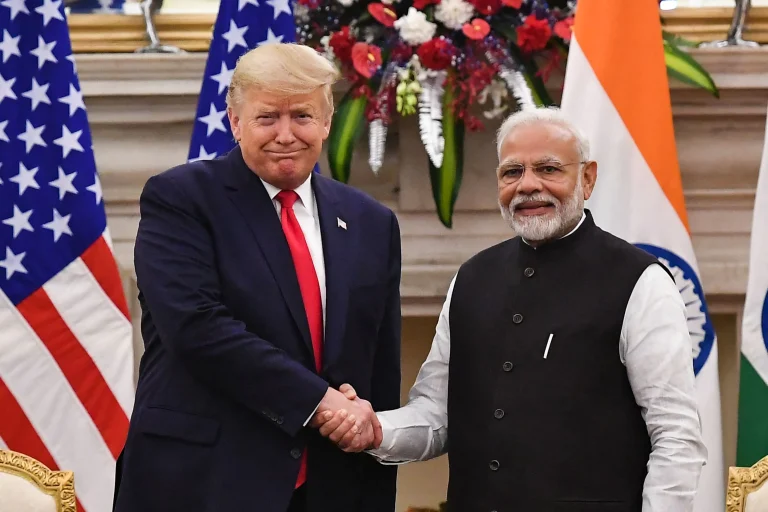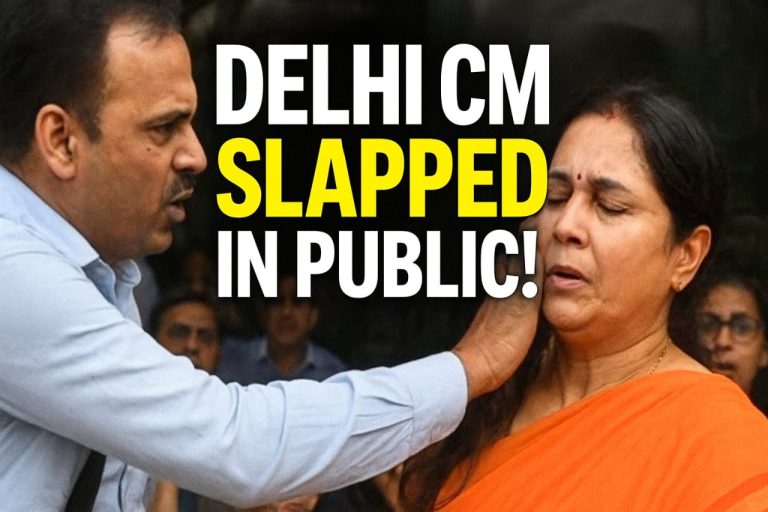
The Gyanvapi mosque case involves a dispute over the Gyanvapi mosque complex in Varanasi, India. The case revolves around conflicting claims regarding a structure found within the mosque premises during a court-mandated survey conducted on May 16 last year. The structure is claimed by the Hindu side to be a “Shivling” (a symbolic representation of Lord Shiva), while the Muslim side refers to it as a “fountain.”
The Allahabad High Court recently issued an order on May 12, overturning the Varanasi District judge’s previous rejection of an application for a scientific survey and carbon dating of the “Shivling.” The High Court directed the Varanasi District judge to proceed with the application filed by Hindu worshippers for a scientific investigation of the structure in accordance with the law.
However, the Supreme Court has deferred the scientific survey, including carbon dating of the Shivling, until the next date of hearing. The bench, consisting of Chief Justice of India DY Chandrachud and Justices PS Narasimha and KV Viswanathan, has put the implementation of the High Court’s directions on hold. The bench stated that the implications of the High Court’s order require closer scrutiny.
The Supreme Court has also issued a notice to the Central government and the Uttar Pradesh government regarding the appeal made by the Gyanvapi mosque management committee against the High Court’s order for a scientific investigation by the Archaeological Survey of India (ASI) to determine the age of the Shivling.
During the proceedings, the Solicitor General of India, Tushar Mehta, representing the State of Uttar Pradesh, emphasized the need to prevent damage to the structure, which is claimed differently by the two sides.
Advocate Vishnu Shankar Jain, representing the Hindu petitioners in the case, informed the bench that the ASI experts have already assured that no damage would be caused to the structure during the survey.






